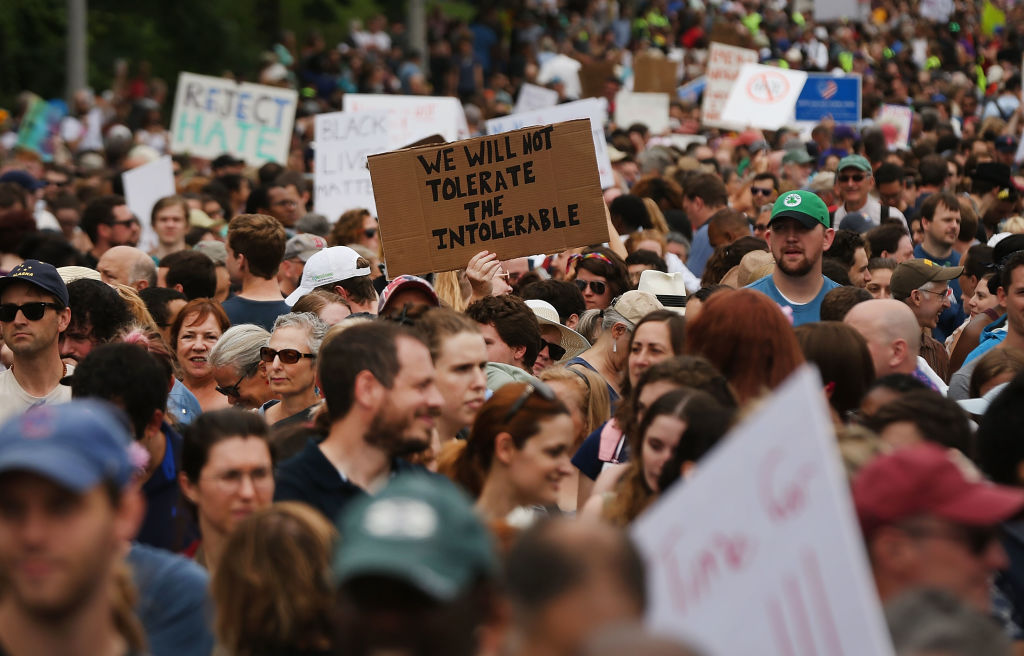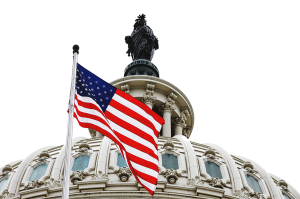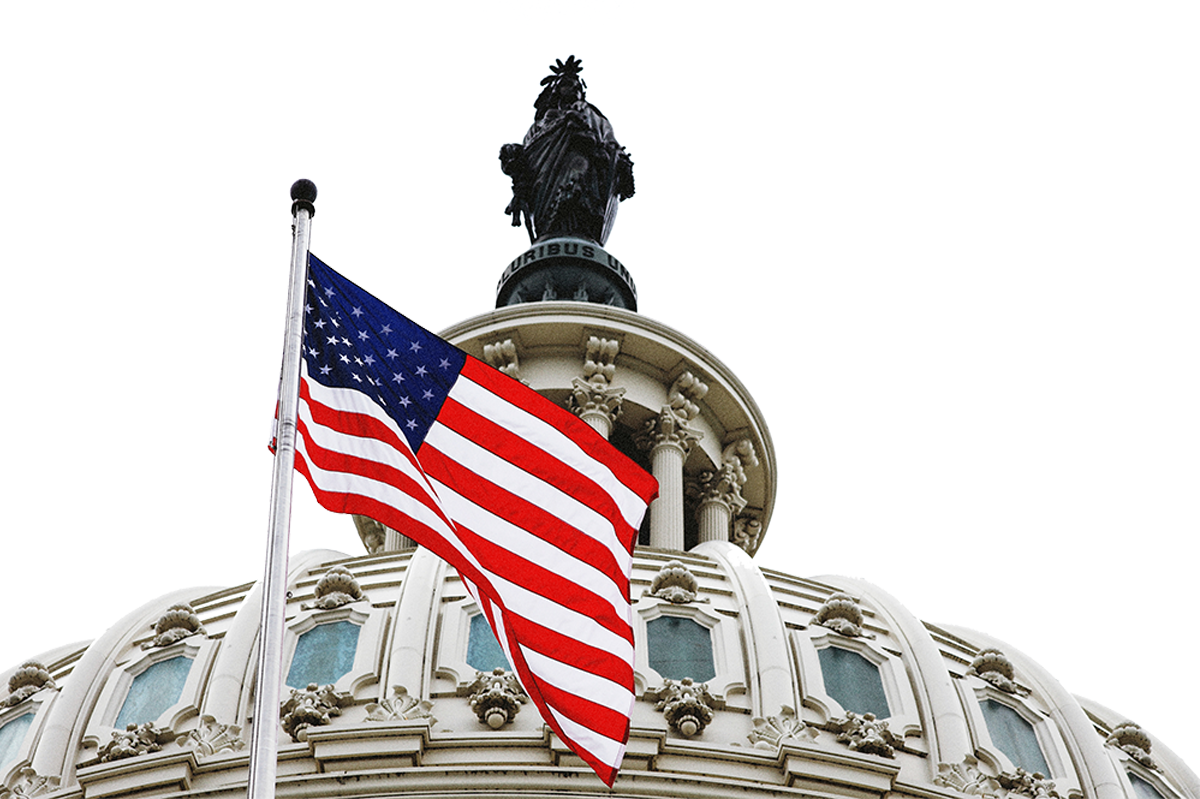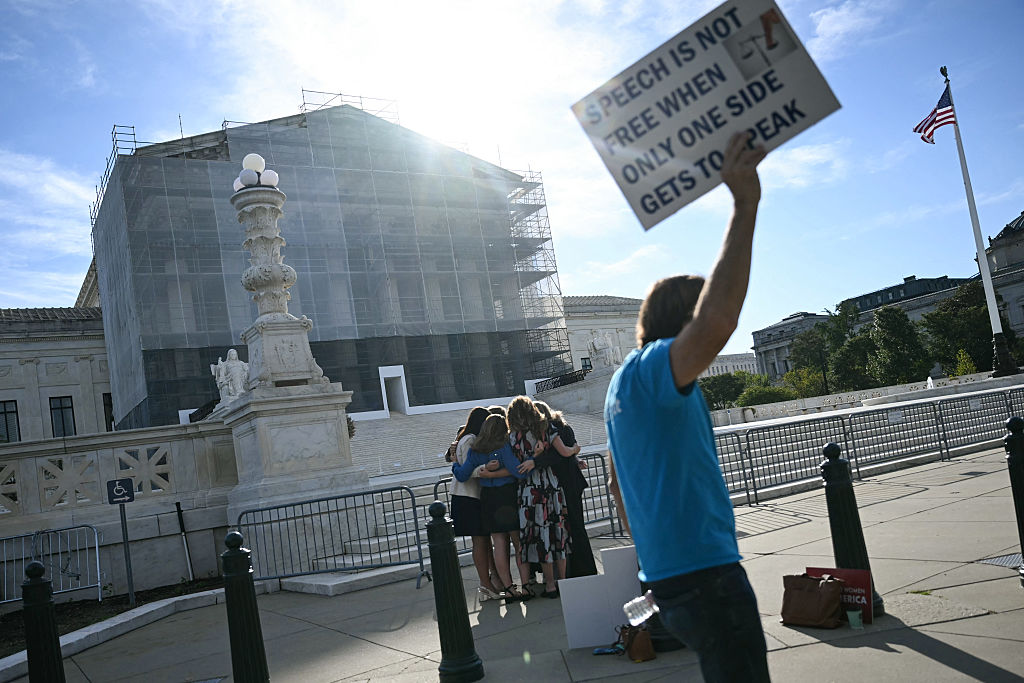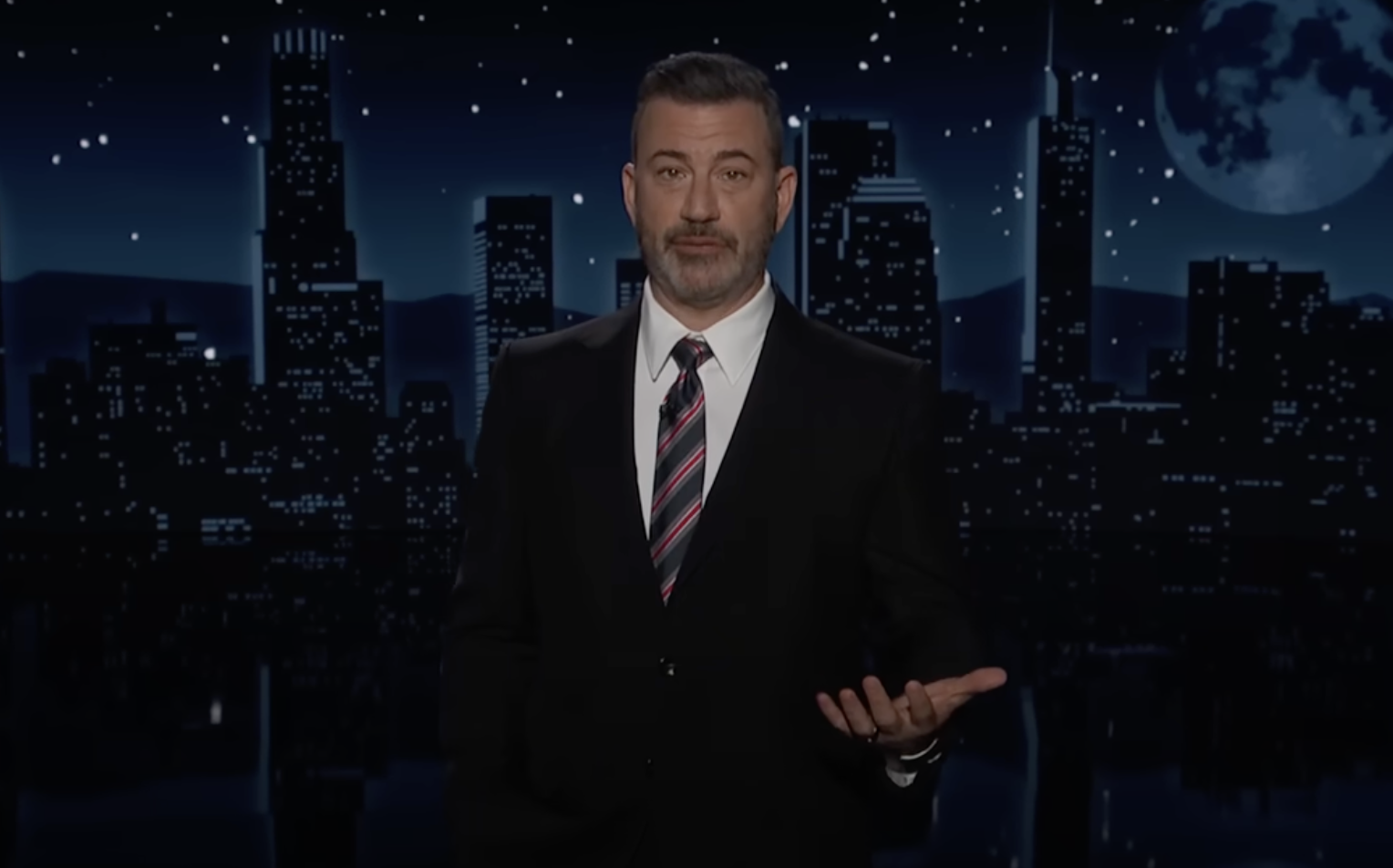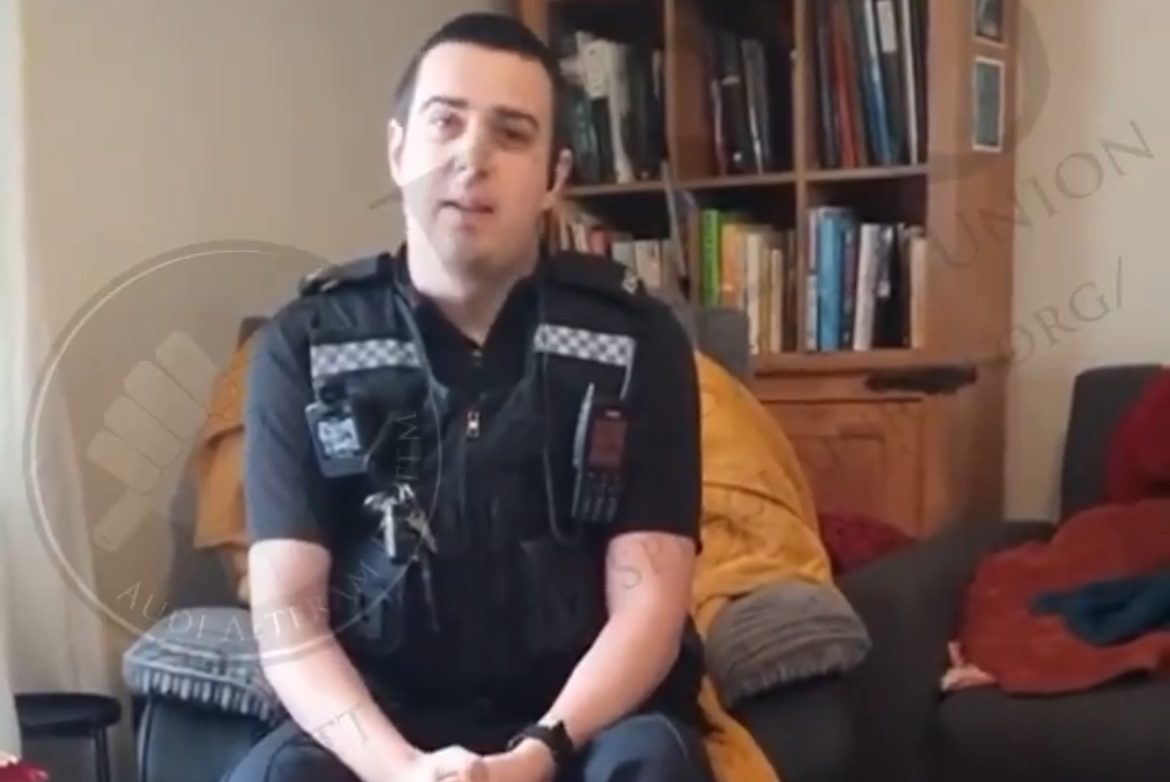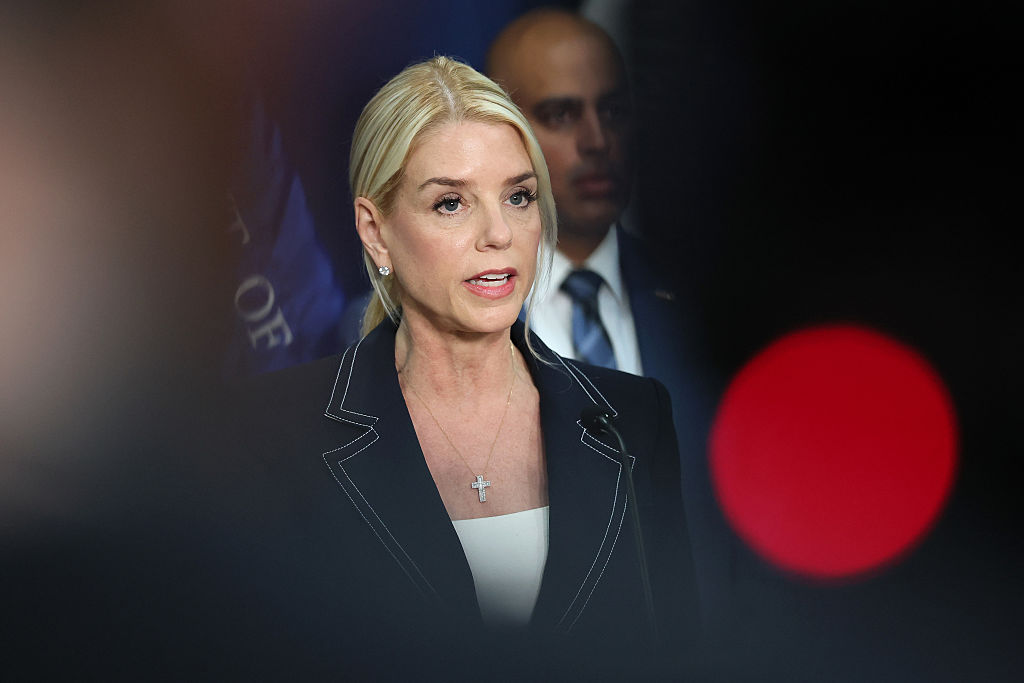If the word ‘bitch’ slips from your mouth, you could one day find yourself in a Massachusetts prison. A Democrat in the statehouse, Daniel Hunt, has proposed bill H. 3179, which would penalize anyone ‘who uses the word “bitch” directed at another person to accost, annoy, degrade or demean’. The offense could be reported by the ‘victim’ or a third-party witness.
If passed, rap music would quickly become illegal, as would many television shows. Hell, most people would be breaking the law at least once a day in their private conversations. Fortunately, such a law would be doomed to failure as a clear violation of the First Amendment. Upon defending the bill, Rep. Hunt became the laughing stock of Massachusetts, with constituents across the state taking to Facebook and Twitter to voice their outrage. Out of all the unconstitutional laws Rep. Hunt could have put forward, personally, I’m disappointed he didn’t propose making listening to Taylor Swift illegal.
The introduction of this bill, as absurd as it sounds, reflects a growing sentiment in America that disagreeable language should be criminalized as ‘hate speech’.
Just last week at the University of Connecticut, two students who walked through campus shouting racial slurs were criminally charged with ‘ridicule on account of race, color, or creed’.
The behavior of these sons of bitches should be categorically denounced but it’s not illegal. It is a death sentence in the court of public opinion, and I’m sure these boys are now toxic among their peers.
In an effort to pacify a rabid student body demanding legal action, prosecutors are using an obscure racial ridicule statute in Connecticut that states ‘any person who, by his advertisement, ridicules or holds up to contempt any person or class of persons, on account of creed, religion, color, denomination, nationality or race shall be guilty of a class D misdemeanor’. But as UCLA law professor Eugene Volokh points out, however, the law does not cover ‘personal conversations or even shouts, whether or not they are racist or religiously bigoted’.
The situation should be handled by the school administration, not the local police, but the student body thinks the school isn’t being hard enough on these students — as if infringing on the Constitution were worth the price of these two dolts. Regardless of how rude and deplorable these offenders may be, their speech is protected by the First Amendment. As the English author Evelyn Beatrice Hall once wrote, ‘I disapprove of what you say, but I will defend to the death your right to say it’.
The student body believes in the existence of hate speech. The Supreme Court disagrees. In numerous instances, courts have repeatedly ruled hate speech is legally protected speech under the First Amendment. Simply put, hate speech as an enforceable punishment doesn’t exist in our legislative framework. That includes the word ‘bitch’.
Justice Samuel Alito put the issue to bed in his opinion in Matal v. Tam: ‘Speech that demeans on the basis of race, ethnicity, gender, religion, age, disability, or any other similar ground is hateful; but the proudest boast of our free speech jurisprudence is that we protect the freedom to express “the thought that we hate.”’
Despite courts’ unanimous rulings on hate speech, ivory-tower academics are not convinced, and their bias trickles down into the student body and beyond. Governments in the United States, Canada, and Britain have proposed legislation that would compel people to address transgender individuals by their preferred pronouns. The Lesbian, Gay, Bisexual, and Transgender Long-Term Care Facility Resident’s Bill of Rights passed by California’s state senate in March, for example, makes it illegal for a nurse or physician to misgender a nursing-home resident. The penalty is a $1,000 fine or up to a year in prison.
Of course, in the name of decency, it’s courteous to acquiesce and acknowledge the request — but the government forcing people to use certain pronouns is an affront to the First Amendment.
In England, our sister nation, journalist Caroline Farrow was under investigation for misgendering as recently as March. We can only hope things don’t reach that level of hysteria in America.
In case you haven’t noticed, the First Amendment, the pillar of our civil liberties, is being increasingly challenged. While we don’t live in a perfect world — and we are never going to — jailing those who merely speak words we find disagreeable or contemptible wouldn’t make it better. In fact, it would only turn our historic tradition of verbal jousting into a banal exercise. As we continue to disagree about the direction of the country, what words will we have left to hurl at each other?



